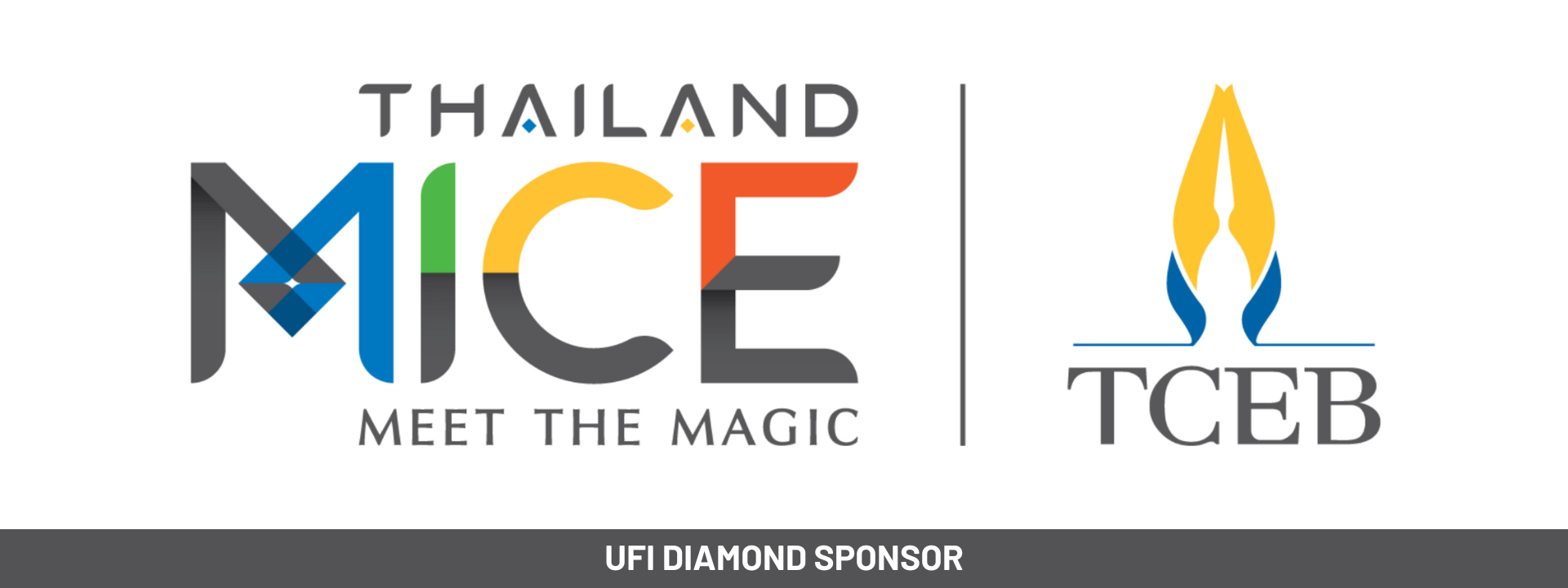
Marco Giberti, Founder and CEO, Vesuvio Ventures
For those of you who read the 2007 famous book from Nassin Nicholas Taleb “The Black Swan” you may remember how Taleb, a former risk-taker and options trader professional focuses on the extreme impact of rare and unpredictable events — and the human tendency to find simplistic explanations for these events, retrospectively.
Taleb calls this the Black Swan theory, a metaphor that describes an event that comes as a surprise, has a major effect and is often inappropriately rationalized after the fact with the benefit of hindsight. The term is based on an ancient saying that presumed black swans did not exist – a saying that became reinterpreted to teach a different lesson after black swans were discovered in the wild in Australia. Since then, different economic gurus, industry leaders, and business people tried to predict and identify these potential disruptive events; you can also find some ETF investments around this thesis. Some industries like media, music, transportation, and hospitality already experienced some “Black Swan events” with disruptive startups (think on Netflix, Spotify, Uber or Airbnb) dramatically changing the way that buyers and sellers interact in these particular industries. Other industries are also experiencing “Gray swans disruptions,” which we can read on this McKinsey article about the banking industry.
In the past, I wrote about my own ideas on how likely the live events industry could be disrupted or how live event organizers could and should prepare their events for the touch screen generation, but preparing for a Black Swan event is different. Let’s be honest, over hundreds or thousands of years of live event experience, from trade events to sports or music events, the changes affecting many of these live event experiences are still pretty marginal. It’s easy to think that change in this industry is different than other industries and tech would simply not have a massive impact on the way that events are organized in the future.
We discussed some ideas about the intersection between face to face and live events when I co-wrote The Face of digital a couple of years ago and since then, I spent a considerable amount of my time talking with tech entrepreneurs and event organizers about different opportunities and challenges that could create the next “Black Swan event” in our industry or at least a Gray Swan as McKinsey analyzed.
If you are involved in any capacity around live events in your career or business or even in your personal life as a participant, you will probably have your own ideas and thesis. Almost all of us participate in events on a daily basis. These events could be a corporate meeting, a trade show, conference, sports or music event, or even a wedding, Bar Mitzvah, or social gathering. Each of these event categories and experiences is exposed to significant potential “Black or Gray Swan events” that could affect positively or negatively the way that they do business.
This year, I presented about technology and innovation in the live events industry in different conferences where leading CEOs are debating about the future of the industry. I took advantage of this situation to learn from these leaders about their own interpretation of how likely tech will dramatically affect this industry or not. I would say that I never experienced such a strong alignment and agreement on the fact that this time technology is going to impact the live events industry in many different ways. But, as Bertrand Russel said, “The trouble with the world is that the stupid are cocksure and the intelligent are full of doubt.” All these smart CEO’s are full of doubts about how and when these dramatic changes could happen. But, unfortunately, I also still see some stupid people in the industry convinced that change will never happen and those events and organizers that were successful for decades and are not adjusting their events will continue to survive. I don’t know if I’m intelligent or not, but I’m certainly full of doubts.
After almost ten years of investing (time and money) on the “intersection of face to face and technology” and more than thirty years organizing events and working with brilliant entrepreneurs and organizers, I have even more doubts than when I started. But I also learned some valuable lessons. For example, I’m convinced about the fact that live events are not isolated from change and that technology is affecting and will continue to affect our industry dramatically. I’m also confident about the fact that the “human connection” that a live event experience generates is almost impossible to replace with tech. And, because of that, live events are still alive and growing and I don’t think that this is going to change soon. But the fact that the industry is alive and growing doesn’t mean that tech is not changing the game. Just the opposite. Those event organizers who are experimenting and investing in the right tech categories for their respective events are struggling to identify the right technologies, vendors, and ways to help their event participants and sponsors to maximize their experience and return on investment, but they are learning and improving year after year. They are frustrated with how slow and difficult is the adoption of new technologies, but are also thankful on the fact that they can experiment changes and invest in a business that is still alive and growing and not repeating the dramatic situations that we saw happening in the media and music industry, for example, where massive companies disappeared in the last couple of decades without even thinking that the Black Swan event could happen.
Now, if your company is big, you know that change is slow, difficult, and challenging. The bigger the corporation, the higher the internal fear and resistance to change, risk, and innovation are. Corporate policy, budgets, and strategic planning are usually not a great friend of innovation. The internal approval process, each regional and departmental agendas, and quarterly goals are the enemies of speed, agility, and entrepreneurial and innovative culture. On the other side, many of the big international organizers are still very successful, but for how long is the big question.
The amazing Harvard Professor Clayton Christensen explains in his book “The innovator’s dilemma” about how successful, outstanding companies can do everything “right” and yet still lose their market leadership – or even fail – as new, unexpected competitors rise and take over the market. Winners and successful events continue to fail because they don’t realize how things are changing until it is too late. In other words, success could be our worst enemy in terms of embracing risk and innovation on a regular basis in order to keep our events “future bulletproof.” I guess that if you work on a big event organizer conglomerate, you have many benefits of scale, but even more challenges of embracing change in the right way and speed in comparison with the smaller and more entrepreneurial industry players. But, as we can see in many industries, creating an innovation culture is not impossible for the big guys, and some examples like Corporate Venture Capital and other innovation programs are clearly generating amazing results. Investing and partnering with early-stage tech entrepreneurs and sharing knowledge is clearly one of the most important lessons that smart big corporations are benefiting from as a way of “destroying and rebuilding” your own business before your competitors are able to do that.
Regardless of your company size or complexity, adjusting your business is feasible and each industry is full of good and bad examples. We are blessed to be part of the “human connection industry.” In the end, each live event allows human beings to interact face to face with each other and there is no technology that can replace that connection and opportunity. But there are many (actually there are more than 4,400 event tech startups) technologies that can make that human connection more productive, and it’s our responsibility to use them in the right way.
The key questions that I keep asking are related to each company culture. Do you have Event Managers or Community Managers? Are your team members lifelong learners and capitalizing on their experience or simply repeating the same experience year after year? Are you and your team vulnerable and honest to accept that nobody knows what will happen in the future, and we simply need to experiment, learn, fix it, and do it again?
If the live events industry will see a “Black or Gray swan event” in the next couple of decades is still unknown, at least for me. But thinking that the world is only full of White swans is definitively stupid.







Leave A Comment